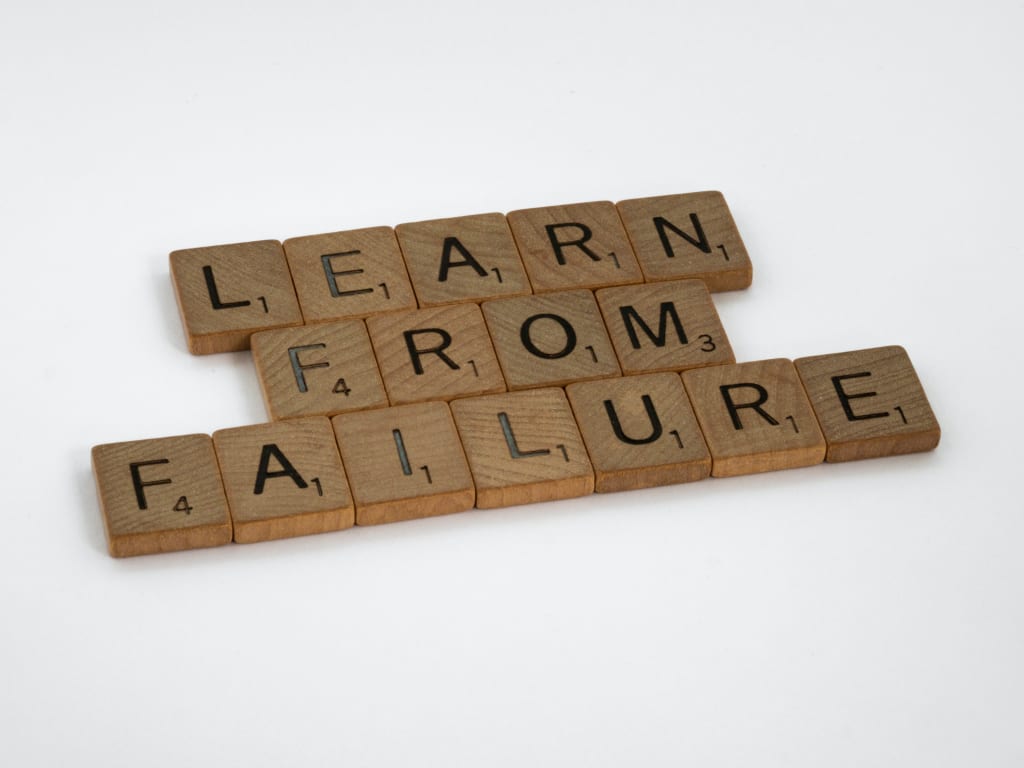Failing Forward: The Science and Heart of Overcoming your Mistakes.
"Embracing Mistakes as Stepping Stones to Success: A Journey Through Resilience and Growth"

In 2019, a unique experiment took place. Over 400 individuals were invited to participate in learning a language that didn’t exist before. The challenge was to match pairs of unfamiliar symbols with their meanings, like picking out which symbol could represent an animal. After they made their choices, there was a brief break. Then they were asked to do a similar task but with a twist—the questions were flipped, asking them to identify symbols for non-living things, for example.
The twist was that the participants were actually setting the meanings with their initial guesses, without realizing it. To start off, their answers were randomly judged as completely right or wrong. This ensured that, by the middle of the study, everyone was on the same page in terms of what they knew. The second half of the study is where their answers really began to count. Interestingly, the individuals who were told they were correct at the beginning tended to do well later on. On the other hand, those who were told they had failed initially tended to continue having difficulties.
The notion is that failure serves as a lesson—an obstacle that we can overcome to improve. However, actually learning from our missteps is tough, especially when those mistakes either deeply discourage us or leave us confused. One of the biggest hurdles to learning from mistakes is the emotional impact. When we fail, we might start to wonder if we're good at anything at all. In a later survey that followed the same setup as the symbol-matching task, the people who were marked as 'failures' ended up feeling less sure of themselves.
It might seem like feeling upset after a mistake isn't so serious, but studies indicate that such feelings can actually stop us from learning new things. If we take a big hit to our confidence, it can get in the way of our ability to learn.
How we handle failure also has a lot to do with how we see the task we're working on. Let’s look at a survey from 2011 involving American students learning French. It found that the beginners liked to be praised by their teachers, while the more advanced students preferred teachers who would point out mistakes so they could improve. This is likely because beginners are still figuring out if they like the subject and if they want to stick with it, making encouragement super important. In contrast, students who have been studying for a while are more about sharpening their skills and are probably more used to making mistakes.
It turns out it’s often simpler to learn from what we do right than from what we get wrong. Think about getting a grade back on a test: if it's good, you figure your way of studying is effective and you just do the same thing next time. But if the grade is bad, it's not always clear what went wrong, which makes it harder to know how to improve.
Even though we all want to learn from when things don’t go our way, and there’s definitely value in being resilient and adopting a "growth mindset," focusing too much on where we fall short can cause us to overlook our successes. It’s generally better to focus on what we did well instead of getting hung up on our mistakes cause that can be damaging. Focusing on what we did well can often help us find a more positive and effective path to learning and improving ourselves. Often, it's more fruitful to build on what we've done right rather than dwell on our mistakes.
About the Creator
Mayes Daya
Hello! I’m Mayes your writer. I believe stories hide in the nooks and crannies of everyday life, and I love digging them out for you. My words are easy to chew on, like your favorite snack. No fancy jargon here—just clear, simple talk.
Enjoyed the story? Support the Creator.
Subscribe for free to receive all their stories in your feed. You could also pledge your support or give them a one-off tip, letting them know you appreciate their work.






Comments
There are no comments for this story
Be the first to respond and start the conversation.